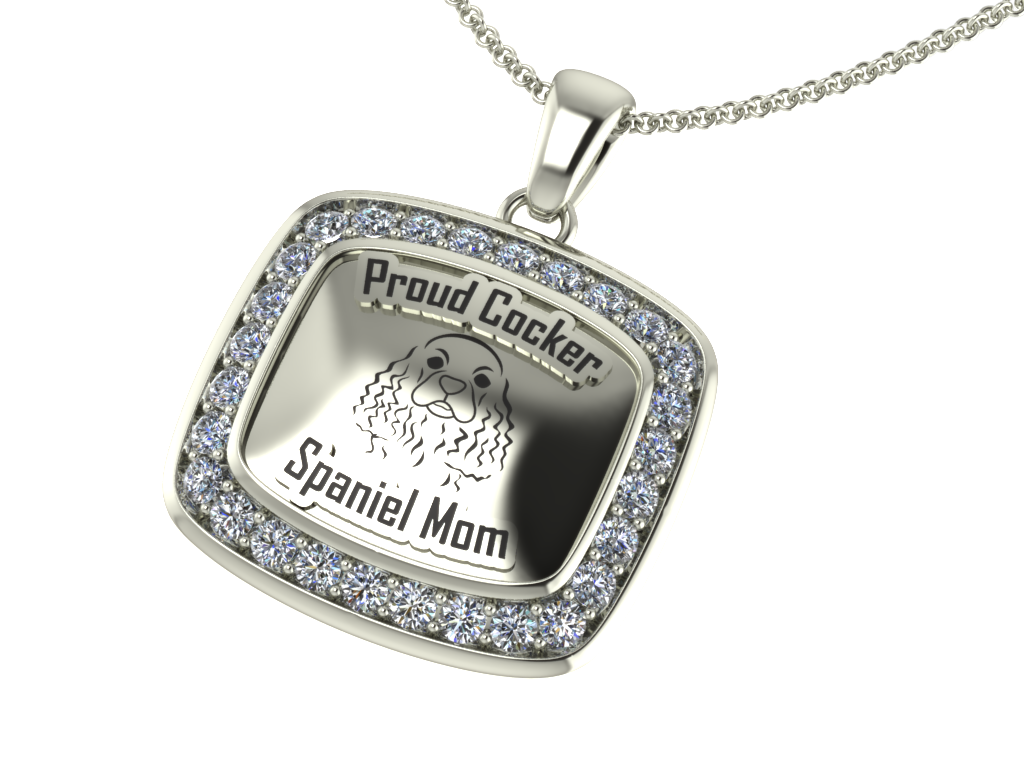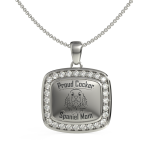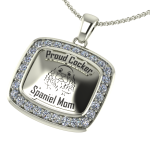Starting your own business can be an exciting time in your life, but not one to be entered into lightly. One of your biggest decisions will be , but what type of business entity should you use? There are advantages and disadvantages to every type of structure.
The key is to consider your needs and then simply match them to the business entity that makes the most sense depending on the kind of small business you wish to run.
Forming a business properly will give you tax advantages, and protection from identity theft. You will not have to give anyone your social security number online, for example, in order to get paid for your products and services. So which business entity is right for you? Let’s look at the most common structures for the small business owner:
1. Sole proprietorship.
With a sole proprietorship, legally, you have no separation from the business. You would report the business income as personal income. Also, the business debts and liabilities are your debts and liabilities.
2. Partnership.
This is essentially the same as a sole proprietorship, but with more than one business owner. Sole proprietorships and partnerships make the best sense for smaller service businesses (little business debt) and those with limited assets.
* If you’re going to be selling products, you’ll have inventory. Inventory typically means debt, since there is usually a period of time before the bill comes due.
* Be careful about using a partnership or sole proprietorship in this situation. If you can’t pay your bills, everything is fair game for the bill collectors, including your house, car, bank accounts, and other assets.
3. Limited Liability Company (LLC).
A limited liability company separates the owner from debts, liabilities, and legal judgments against the business. In theory, any claims against your business could not result in you losing your personal property or assets.
* It’s smart to consult an attorney to set up your LLC in such a way that no court would be able to “lift the veil” of separation between your corporation and your personal assets.
* For tax purposes, an LLC is handled the same as a sole proprietorship or partnership. Your business income is reported as personal income. However, there are a significant number of tax deductions you would be allowed to take compared with filing a personal return.
4. C-Corporation or S Corporation.
From a liability standpoint, a corporation is similar to a limited liability corporation. Your personal assets are safe from your business-related issues. However, for tax purposes, the business is taxed separately from personal income. The business itself is taxed.
* You would be taxed for whatever salary or bonus you receive. This would be considered personal income.
* Corporations and limited liability companies make a lot of sense for owners that have a real risk of being sued, or the possibility of creating a lot of business debt. It is also worth considering for those that have considerable personal assets. In our litigious society, it is often not a case of IF you will get sued, but WHEN. Do not let this deter you from starting your own business, but do let it be a practical reminder to put all your protections in place from the beginning of your business in order to save a lot of trouble further on down the road.
* Corporations also allow for the issuing of stock. This means you could raise funds later if you needed to.
*Corporations are allowed many more tax deductions that an individual.
*Corporations will cost more money to set up, and there are very specific rules that need to be followed in running your corporation.
*Fortunately, thanks to the Internet, incorporating is a lot easier that it used to be and depending on what company you use, you will often get a kit with all of the paperwork and so on that you need to set up and run the corporate effeciently.
* Keep in mind that the corporate tax rate in the United States can be quite high. That’s why so many corporations have a small office in another country and declare that their headquarters. Unless you want to raise money by issuing financial instruments (stocks and bonds), the corporation structure is probably not the most beneficial choice.
5. Nonprofit. If your business will rely on donations and carry out a purpose that serves the community, you might consider a nonprofit corporation structure. Suitable purposes include educational, scientific, religious, or charitable purposes.
* The income received in the form of donations is typically not taxed.
*Non profit does not mean you make no profit. There are rules and regulations involved in how the money is earned and spent, but basically, you work it so you have a $0 balance at the end of the year.
6. Cooperative. A cooperative is very similar to a partnership and limited liability corporation. There are multiple owners with liability protection, but income is taxed as personal income. Cooperatives are all about having equal owners. One person=one vote. All income and benefits are distributed equally. This might be great if you have a range of people you can work well with, but going into business with someone else can change both of you. Do not be willing to get married if you are not prepared to also get divorced if things do not work out, in partnered life, and in business.
Setting up a business doesn’t have to be difficult. Choose the structure that best suits your needs. Some forms of business are more complicated and expensive to set up than others. Check out all the details before making your decision and get some expert help.







 Summer time is disappearing fast and fall is approaching. We know you want to make the most of your flirty summer fashions, but your light and white clothing will soon have to give way to more somber colors and heavier fabrics. But there are ways to make the transition so you do not just get to wear your summer clothes for a few weeks of the year. Instead of packing the clothes away as soon as Labor Day is over, here are a few ideas for keeping them out with the rest of your clothes and transitioning them to be useful for you in the fall as well.
Summer time is disappearing fast and fall is approaching. We know you want to make the most of your flirty summer fashions, but your light and white clothing will soon have to give way to more somber colors and heavier fabrics. But there are ways to make the transition so you do not just get to wear your summer clothes for a few weeks of the year. Instead of packing the clothes away as soon as Labor Day is over, here are a few ideas for keeping them out with the rest of your clothes and transitioning them to be useful for you in the fall as well.